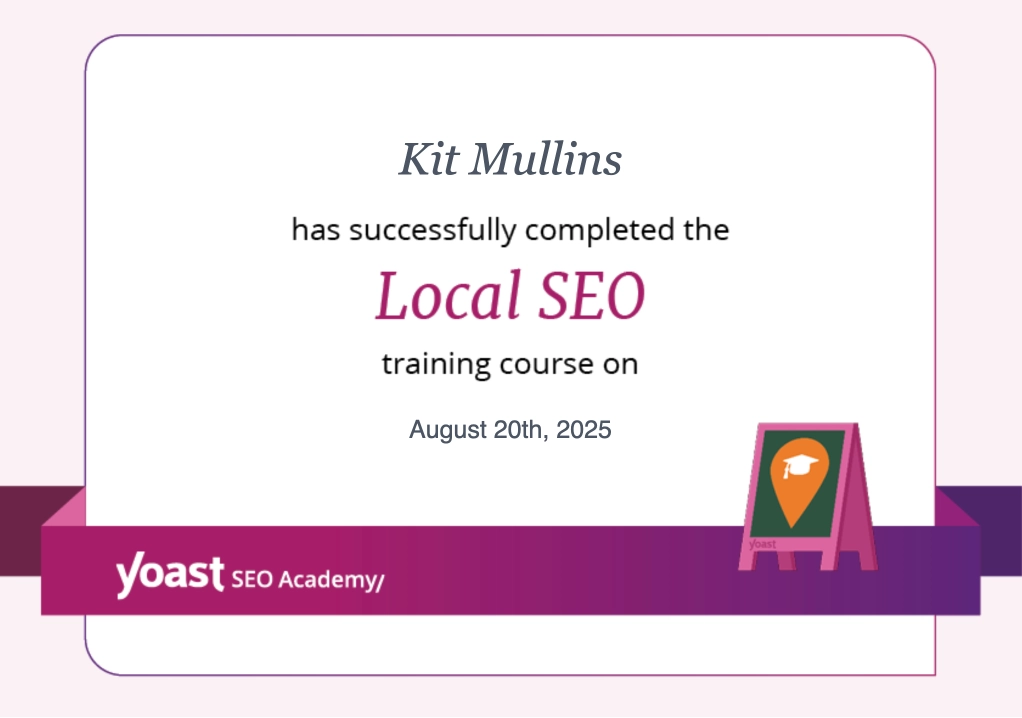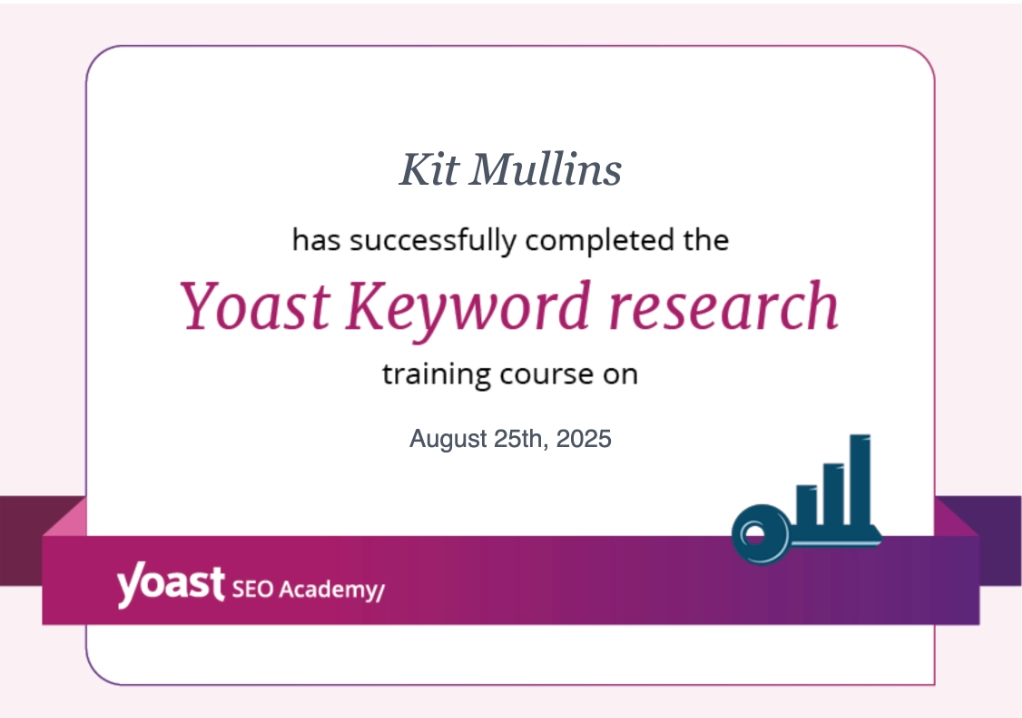As technology continues to whittle away at the frequency of face-to-face interaction, are we slowly losing touch with compassion? Sometimes it’s easier to be rude (or downright mean) when communicating via technology. Technological devices afford a certain degree of separation between people, making it easy to forget there is a person on the other end of our communiqués. Perhaps the more prevalent our technological interactions become, the more humans are losing a bit of our humanity (the ability to sympathize, feel compassion, or consider people outside him or herself). Let me give you some examples.
- Your daily commute. Do you vocalize about the incompetence or recklessness of other drivers? Possibly you’ve railed against them, called them names, insulted their intelligence, or wished them ill.
- The drive-through line. Have you ever expressed frustration at the service personnel when your order was misunderstood, or failed to keep your patience when asked to repeat yourself?
- Cyber bullying. Anywhere from 15 – 50 percent of students experience cyber bullying of some kind. You may have even seen or experienced it yourself; it’s not limited to students and children. Unfortunately, there are several cases that led to the suicides of young people being cyber-bullied.
What do these examples have in common? They are devoid of face-to-face interaction. Whether separated by a car, a speaker box, or a computer screen, people commonly disrespect each other when we are detached from the human aspect.
Where does the disconnect come from?
- Anonymity. Scientific American author Natalie Walchover published an article on angry people and the Internet. She theorizes that on the Internet, we can be anonymous, and therefore not held accountable; we are distanced from the target of our behavior. Being removed from an immediate audience makes it easy to forget that we’re dealing with other human beings, giving us a false sense of security.
- Time lapse. Walchover also points out that online interactions don’t happen in real time; often, if people respond, it is not immediate. You’ve seen the angry comment threads on Facebook that last for days. Interacting via technology provides the opportunity to carry out an entire monologue without someone responding or interjecting, which is completely different than talking in person.
- Lack of empathy. When we write something online, we don’t see the impact of our words in the expressions of the other person. Our audience remains distant and faceless, which brings me to the next point.
- Generalization. I read a comment argument on Facebook where one angry guy kept using the words “you people” as he berated someone for their beliefs. He forgot this comment thread was really just a conversation between two people–two unique individuals. Stereotyping is so much easier without human interaction. When we don’t have a name, face, and story to connect with, we tend to reduce a living, breathing person to just a careless driver or incompetent drive-thru operator.
- Power. Malevolent actions give us a false sense of accomplishment and importance. For a moment, we experience a sense of fulfillment by acting vengefully or “sticking it to someone” we believe deserves it. But for those with a developed conscience, the fulfillment really is momentary.
I believe we are all possible victims, all possible culprits. But we are also all capable of compassion. Compassion is an innate part of our nature. Thomas Jefferson explains this perfectly in a letter to Thomas Law. He wrote:
It has been said that we feed the hungry, clothe the naked, bind up the wounds of the man beaten by thieves, pour oil and wine into them, set him on our own beast and bring him to the inn, because we receive ourselves pleasure from these acts. … how happens it that [good acts] give us pleasure? Because nature hath implanted in our breasts a love of others, a sense of duty to them, a moral instinct, in short, which prompts us irresistibly to feel and to succor their distresses, and protests against the language of Helvetius, ‘What other motive than self-interest could determine a man to generous actions? It is as impossible for him to love what is good for the sake of good, as to love evil for the sake of evil.’ The Creator would indeed have been a bungling artist, had he intended man for a social animal, without planting in him social dispositions.
Jefferson says helping others fulfills a natural social disposition. But if being kind gives us pleasure, then how do we overrule it so often? Maybe it’s simply out of habit.
The other day in the grocery store another shopper cut me off with her cart, and I barely held my tongue. It was so hard not to respond how I would when I’m alone in my car! I’ve become so used to a mode of communication without consequences that it has begun bleeding into my face-to-face interactions. Because we communicate online so frequently, the habit of disconnect carries into other aspects of our lives.
There are a plethora of people choosing compassion. When people use technology as a vehicle for good, even with this separation, it makes their compassion even more beautiful.
Take Humans of New York, for example. It’s a storytelling website that uses social media and blogging to reveal the stories of strangers in New York. Each photograph and story shows the vibrant, sad, hopeful, beautiful sides of humanity. Brandon, the photographer, tells the people’s stories that bring the image to life. When we see these posts on social media, we empathize with them, feel for them, and smile because of them. This project brings humanity to life within technology.
Another example is online dating. Although websites like eHarmony.com or ChristianMingle.com were met with skepticism at first, they have revealed a beautiful side of technology. It can help people connect in ways they were never able to before. I know of several people–including my boss and a college roommate–who found their spouses via these websites. Online dating allows people to get to know each other in a raw, safe way that can be hard to find via face-to-face interaction.
I charge you to remember your humanity. Remember that you are always interacting with a living, human being. Be understanding. It’s easy to forget other people as we go about our busy days, but here are a few things I’ve found helpful.
- Remind yourself that every person is a living, breathing, human being and that your actions do affect them.
- write it in dry-erase on your mirror
- put in on an index card or post-it note in your car or at your desk
- set up a daily email or calendar reminder
- get it tattooed on your body.
- When faced with a situation, give the other people the benefit of the doubt.
- Go out of your way to show compassion. Your life will be more fulfilling.
- Catch yourself. Work at stopping these kinds of behaviors just like any other habit.
- Follow the advice of St. Francis: Seek more to understand than to be understood.
Not only will we benefit humanity by having compassion toward strangers (whether they cut us off or not), but we will nurture our own moral instinct and enjoy the pleasure that comes from it.







